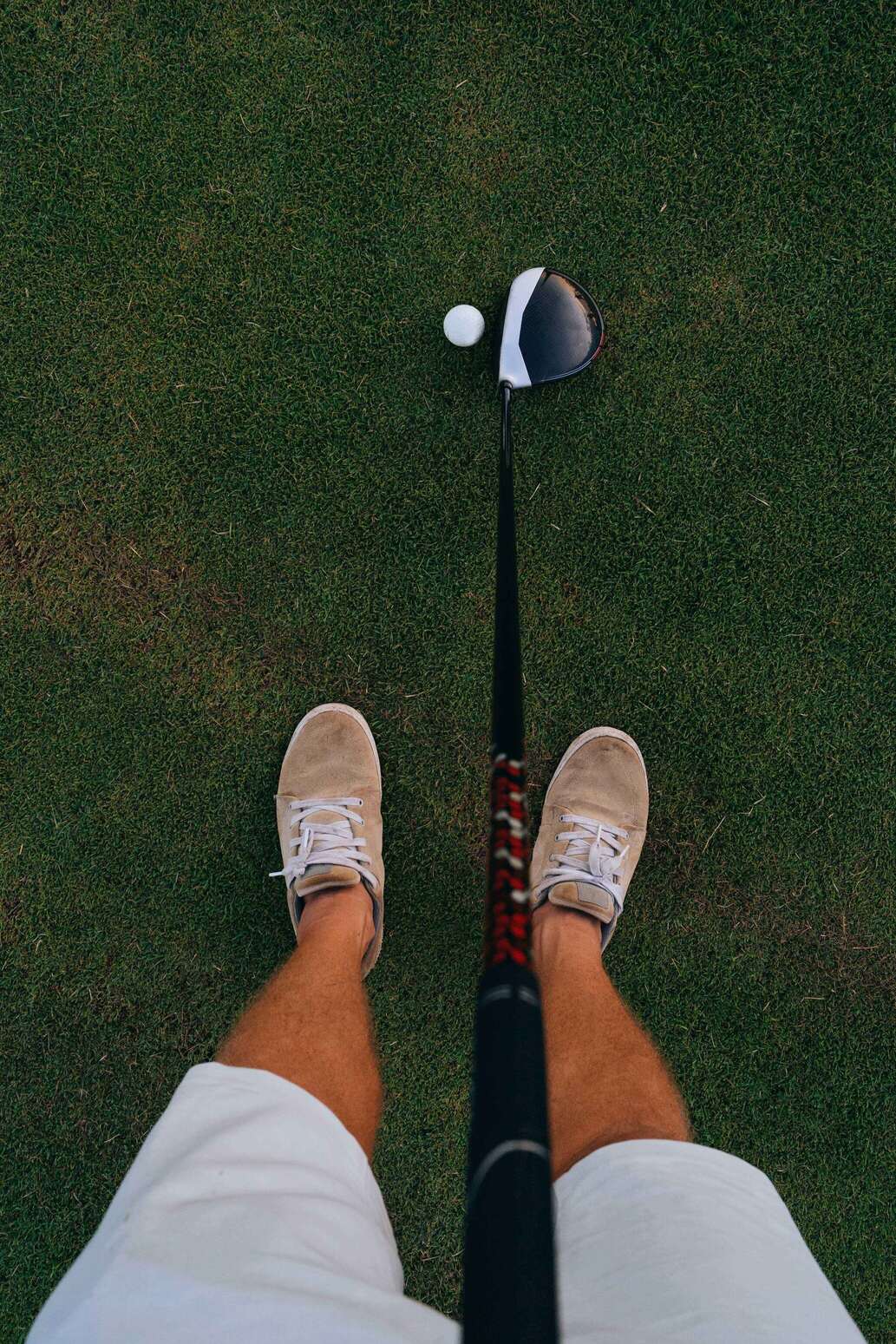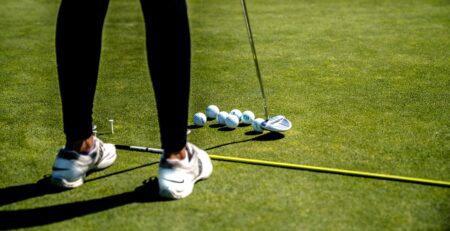How To Take The Stress Out Of Your Game
When you are on the golf course, do you often experience sweaty palms, racing heartbeats, and other symptoms of anxiety? When playing a competitive game, do you experience these symptoms more than at the driving range?
You might be suffering from golf anxiety, a type of performance anxiety that affects golfers. Golf anxiety can actually be a good thing, believe it or not.
Professional golfers who thrive on performance and competition tend to feel more anxious before a game, according to research. Nevertheless, they have relaxation strategies that allow them to turn anxiety into excitement and improve their performance. However, unchecked golf anxiety can throw you off your game, whether you’re putting on the green or teeing off.
Why do I experience golf stress?
The condition of performance anxiety is complex, just as other forms of anxiety are. A variety of factors can contribute to a mental, emotional, and physical condition. There are many stories of high-level athletes completely losing form after making a critical mistake that cost their team or them the game. Your golf game may also be affected by this.
There is one main factor that determines how anxious you feel on the golf course. The amount of negative stress you feel during a game determines how your mind and body react. When you play on a course or at the driving range, you may be on top of your game. Competing or when the stakes are high, the pressure to perform can get to be too much, and your shots end up in the lake or sand dune.
Situation Perception
You’re more likely to make mistakes when you perceive the stakes to be high. If you have a bad score, you might fear that it could adversely affect your career as a golfer. Perhaps you simply don’t want to lose to your friends.
When you feel like you can’t make a mistake, there’s added stress, and your body responds by releasing stress hormones that affect your health.
Stress hormone spikes can increase pressure on your heart, and they are often responsible for anxiety symptoms like sweating, rapid heartbeats, and trembling hands. When you try to calm yourself down, what usually happens is that you backfire and become even more nervous. As a result, you take the shot anyway, and the ball ends up nowhere you intended.
Overcoming Stress
Overcoming nervousness on the course isn’t about trying to reduce the jitters. Rather, it promotes relaxation. It is equally important to train yourself to be more relaxed both on and off the golf course, just as the pros do.
The golf anxiety remedies we will discuss below will help you train your body to respond better to stress.
INCREASE YOUR CONFIDENCE
It’s only natural to feel less stressed about your performance if you have more confidence about your golf game. To overcome golf anxiety, practice regularly to gain confidence in your game. Practicing will help you become more confident. However, practice and progress must be structured, planned, and measured.
Plan to go to the driving range or the course every week or every month. Measure your progress against each week’s or month’s goals. Additionally, hiring a trainer will help you improve your game if you’re not improving at all. Those who are the best at golf control their anxiety because they don’t have to overthink their swings. For them, it’s like second nature.
BREATHING TECHNIQUES
Even after you improve your game strategically, you’ll probably still feel some jitters when it’s game time.
Then you can try tactical breathing to calm your nerves.
- Step 1 – Take a deep breath into your stomach to a count of four.
- Step 2 – Hold your breath and count to four.
- Step 3 – Exhale slowly to a count of four.
- Step 4 – Repeat the process till you feel calmer and in control.
YOGA FOR GOLF
Yoga improves your mobility, posture, core strength, as well as functional movement and strength. It is possible to improve your swing by doing all these things. Aside from the physical benefits, yoga can also help you cope with golf anxiety better. Yoga improves your heart rate variability (HRV), which is the variation in the time interval between consecutive heartbeats. An improved HRV also means that your body responds better to stress .
When you practice yoga regularly, you will be better equipped to handle the jitteriness and control your response to stress.
VISUALISE THE PERFECT SHOT
It can have a couple of effects to visualise the perfect shot before you actually take it. A benefit of visualising is that it will switch your focus from the negative and destructive thought patterns that might be contributing to your golf anxiety.
By focusing on what you really want to accomplish, you’re not worried about how everyone will laugh at you if you sink the ball in the lake one more time.











